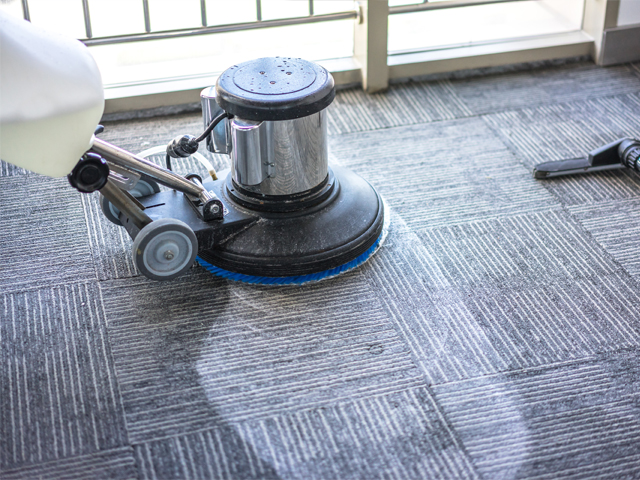Maintaining a clean and sanitary environment is important for any workplace. However, if the workplace is a hospital or other healthcare facility, Cleanliness becomes more important and low-grade hospital cleaning is a threat to peoples health.
It’s no secret that medical facilities house patients with a variety of different illnesses, both communicable and uncommunicable. Though health care personnel take great care to avoid the transmission of patients’ illnesses to visitors, other patients, and staff, an improperly cleaned hospital can breed hospital-acquired infections, or HAIs. The presence of HAIs can prevent patients from recovering as quickly or fully as they might have, and it can also spread to hospital staff and visitors.
There are serious health risks of low-grade hospital cleaning
According to the CDC, 1.7 million infections acquired each year are attributed to HAIs, causing around 99,000 deaths by association. MRSA, VRE, Acinetobacter, and C. difficile are four of the most common pathogens known to be present in inefficiently cleaned hospital environments, often causing HAIs.
For any hospital or other healthcare facility with a dedication to exceptional patient care, cleanliness should be a top priority. In order to reduce the number of HAIs in your facility, here are a few ways to incorporate proper cleaning and sanitizing practices and reduce the presence of harmful pathogens.
Hire a professional cleaning service
A specialized cleaning company will bring a high level of expertise and standards to your hospital, so you can rest assured knowing that the cleanliness and safety of your facility is in capable hands. A deep clean of your hospital once or twice a week will revolutionize the level of sanitization enjoyed by staff, patients, and visitors alike.
Enforce constant hand washing
In many hospitals, staff members of all types including doctors and nurses are not washing and sanitizing their hands as often as they should be. In order to prevent the spread of HAIs, hospital personnel should be washing their hands and using hand sanitizer multiple times per hour, especially when interacting with patients.
Remove or sanitize items in common areas
HAIs can be communicated through materials you might not expect, such as waiting room accessories and furniture or even objects in the breakroom. Any commonly touched items like chairs, doorknobs, light switches, and toys should be regularly sanitized to prevent the spread of pathogens. Additionally, regularly handled items that cannot be sanitized such as waiting room magazines or pamphlets should be periodically removed and replaced.
Clean ventilation regularly
Another unexpected transmitter of germs and disease within a hospital is the ventilation system. Making sure your building’s HVAC units are functioning properly and cleaning the vents of dust buildup and debris is not only helpful for preventing the spread of pathogens, it improves the air quality throughout the building and provides a more comfortable experience for staff, patients, and visitors alike.
Though there are many day-to-day cleaning tasks you can add to your hospital’s regimen, only a professional cleaning service can make absolutely certain that every corner of your facility is pathogen-free. For top-of-the-line professional cleaning and janitorial services, RJC Commercial Janitorial has you covered.
Contact RJC Enterprises today for all of your commercial cleaning needs.









